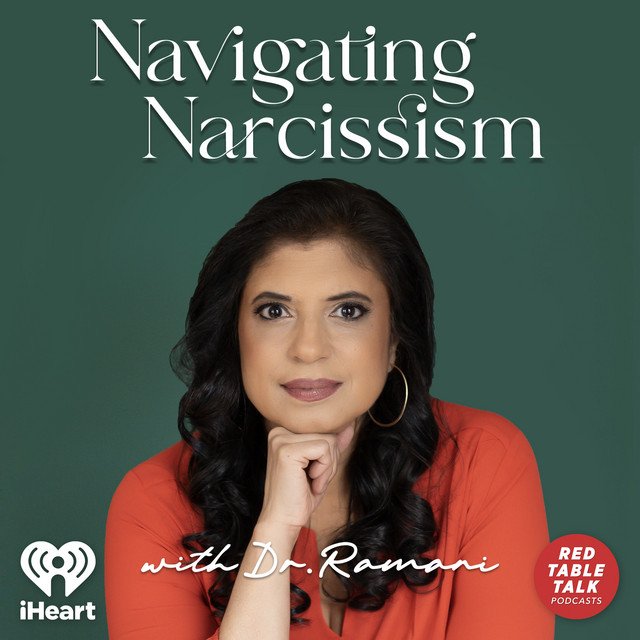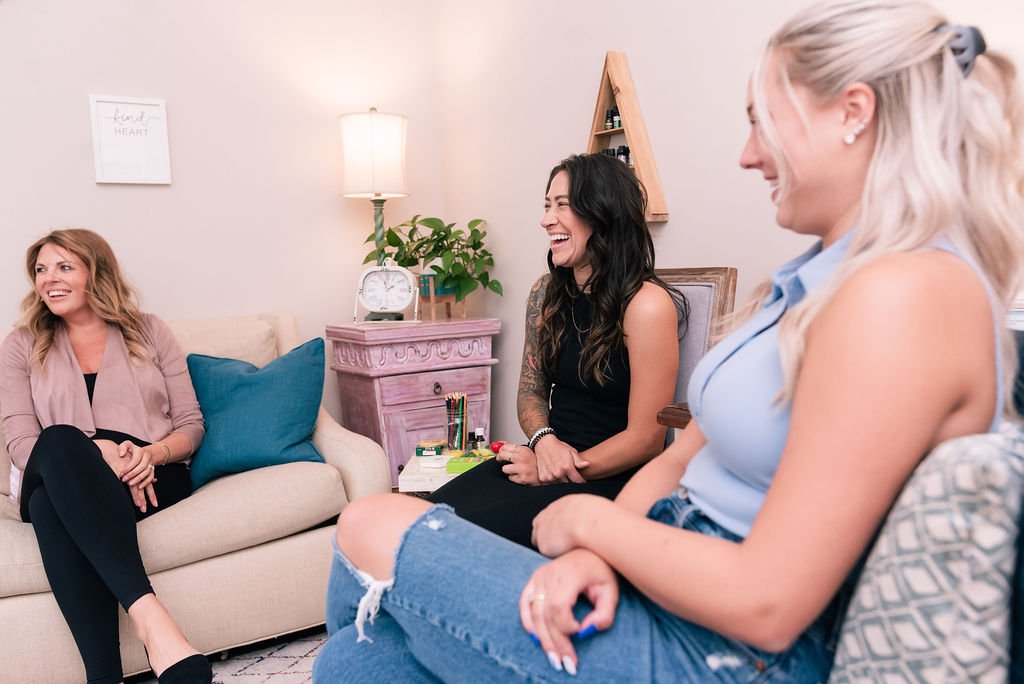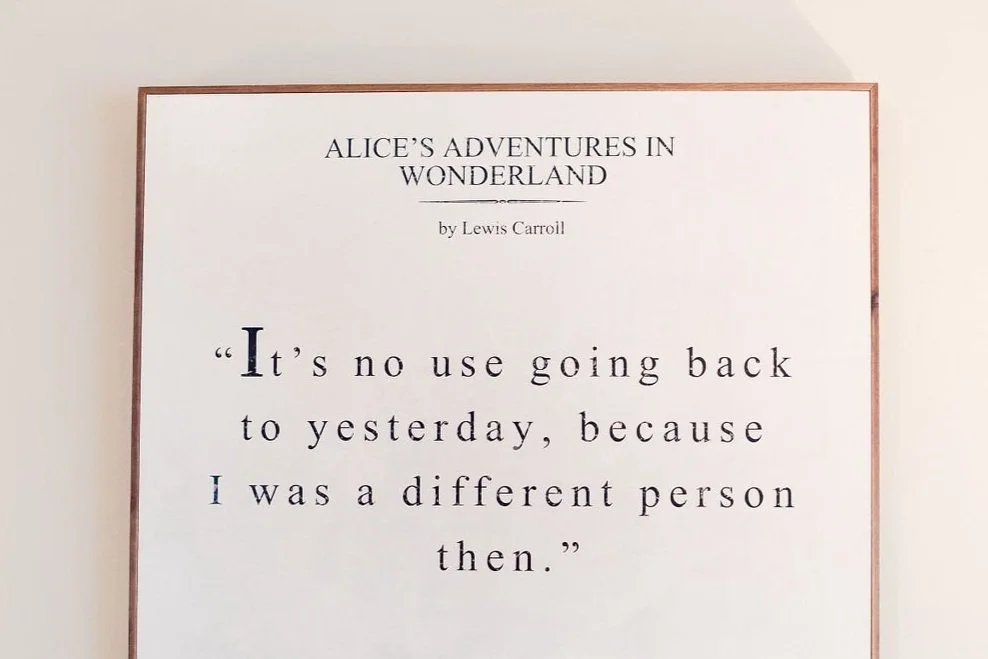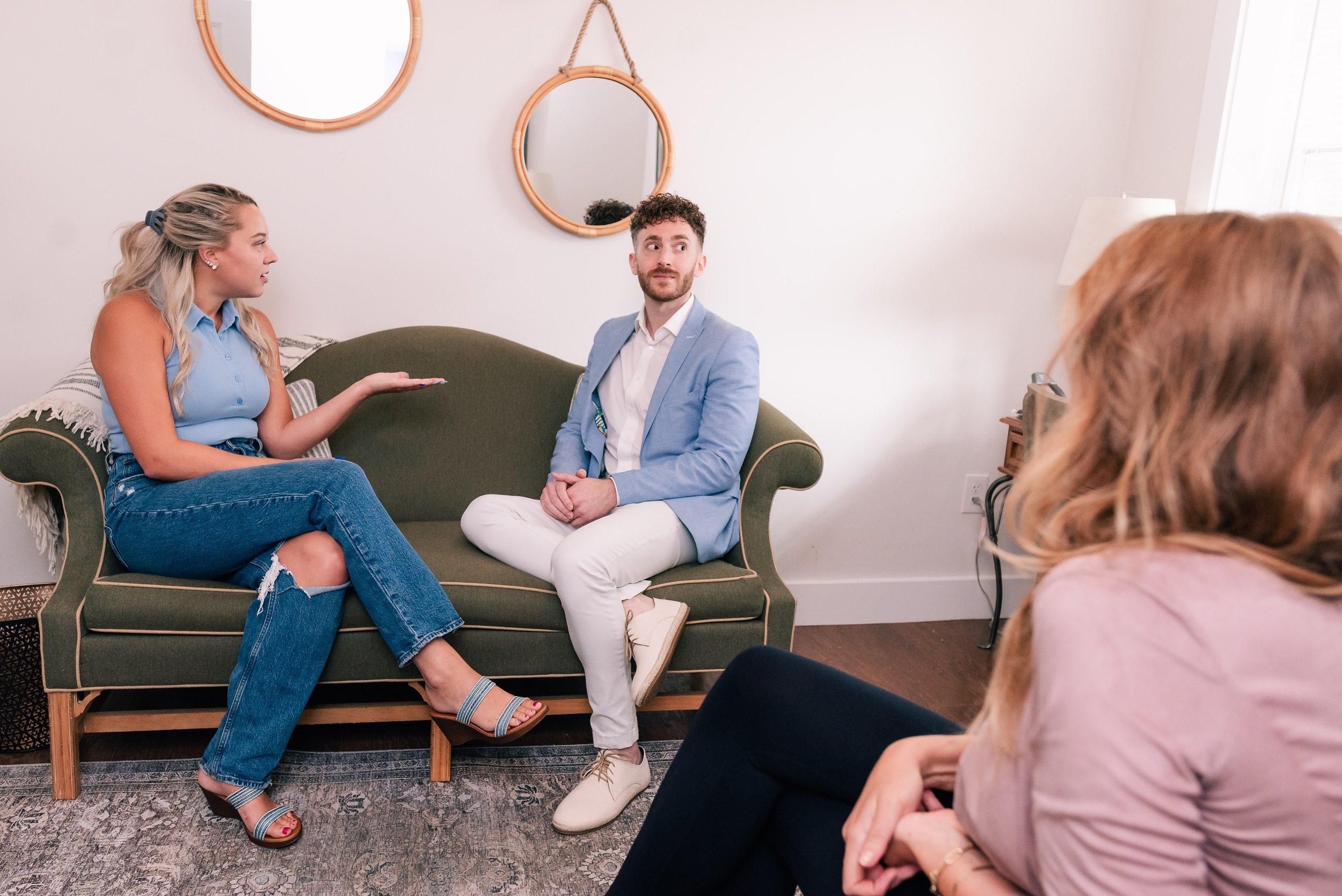Rebuilding: Finding Your Way Back to Yourself After a Narcissistic Relationship
Being in a relationship with someone who is narcissistic is crazy making. The constant confusion, emotional abuse, lack of ownership, and lies cause a trauma response in the person trying to survive that relationship. The devastation from these relationships seems endless, especially as you are trying to rebuild your life in the beginning.
One of the obvious effects of being in a relationship like this is the fear that you will never be able to trust people again. But what I often find to be far more devastating is that people often have a hard time trusting themselves which is far more disorienting. This is why we call the relationship coercive because once you slowly erode someone's ability to trust themselves, you can do a lot of damage.
But here is the thing – we see all the time that healing is possible. Rebuilding your life after leaving any narcissistic relationship is a challenge. The freedom and sense of empowerment that live on the other side are well worth the work. Here are a few places to start to begin to reconnect with those parts of yourself you lost.
Steps Toward Healing:
Seek a qualified therapist
Many clinicians are not well versed in how narcissism shows up in a relationship. Applying principles of safe enough relationships to a narcissistic relationship can actually be very dangerous and cause further damage. Make sure to vet your therapist and feel comfortable that they have experience and a working knowledge of how narcissistic relationships work.
You will likely need to be reminded many times that this was not you and that you could not have done anything differently to change the outcome. You may also need a skilled clinician to help remind you of the gaslighting that took place and why you made the decisions you did.
Building a support system
A qualified therapist is only one part of your support system. If you have any friends or family in your life that really get it, those people are going to be an invaluable support as you process through beginning to trust yourself again. It is also okay to have friends that you just have fun with or exercise with. Those things are really valuable forms of connection and can help provide some joy and lighthearted times. Just be careful about how much you share with those people a little further outside your main support.
Back to the basics
There are a few things that we know help most people optimize their health and they are even more important when you are in periods of high stress or trauma. It can be really easy to skip doing these things but they can be very supportive in helping you regulate your nervous system.
Those are: prioritizing regular full nights of sleep, getting sunlight ideally in the morning, nourishing your body with balanced meals throughout the day, staying hydrated, getting movement, and connecting in loving relationships.
Reconnect with your body
Engage in any movement based activity that you enjoy and practice being mindful while doing it. This will help you reconnect with your body. This could be yoga, a meditation practice, a sport, exercise, theater, music, or just walking about your block and connecting with how the sunlight and wind feels to your body.
Learn to ask yourself what you need and give yourself permission to do it!
Cultivating a meaningful practice of self care is about being able to reflect on what you need in a given moment. Sometimes it will be connection, other times it will be rest, other times it will be needing to do something fun. We lose this practice in abusive relationships and it is such an important part of reconnecting to ourselves and building that trust again in small moments everyday.
Final Thoughts
Being in a narcissistic relationship can leave deep scars, but healing is possible. All of these practices will help you build back trust with yourself and have a greater sense of agency and empowerment over your life than you may have even had before.
If you are looking for support from a qualified therapist, we are here to help.
Resources
Are you feeling triggered and having a hard time figuring out why? Grab our self care check-in to better understand your triggers and how you can take better care of yourself.
Grab our FREE guide below to walk through the common codependent tendencies, where it comes from and why self-compassion is so important.
Grab our list of 9 telltale signs that you might be in a relationship with a narcissist.













